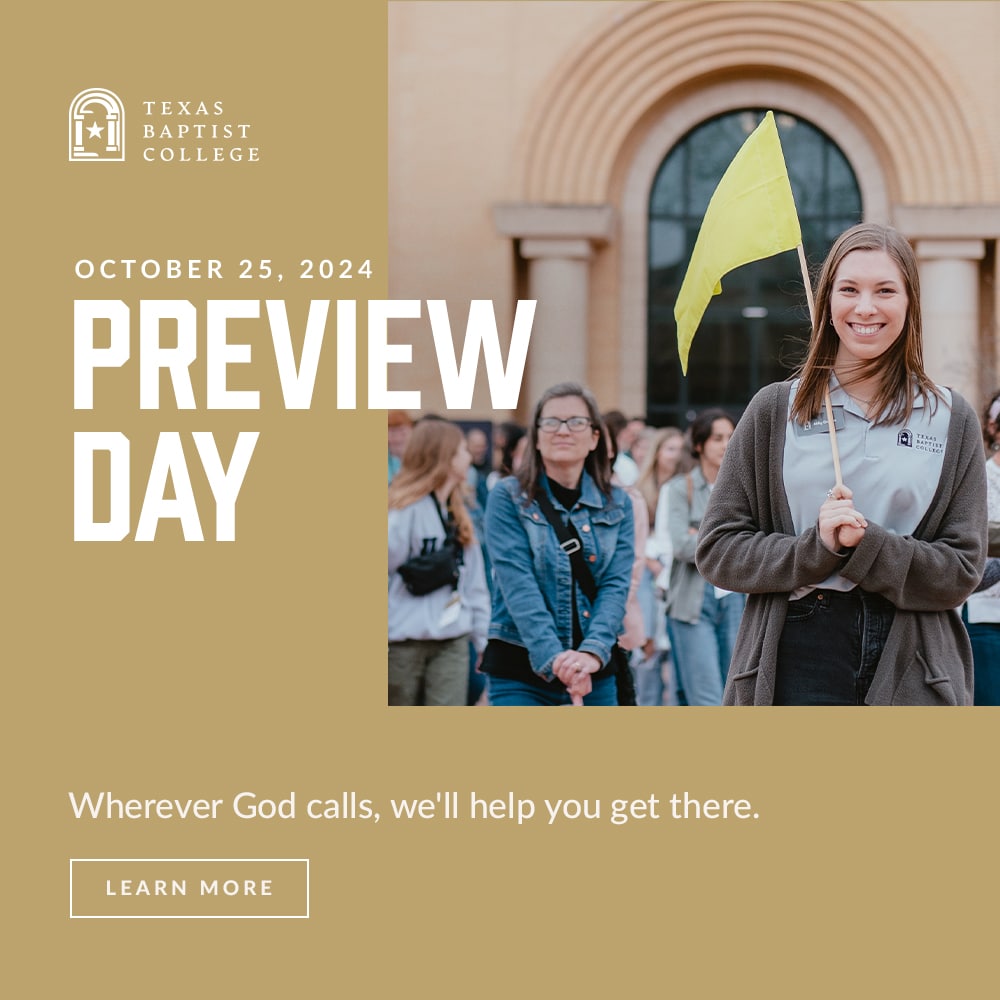Ordo Amoris: The Role of Habit and Desire in Education

A driving theme throughout the history of Christian education stems from the fact that humans are desiring creatures who seek love and union—ultimately with God himself. As Augustine famously said, “You made us for yourself and our hearts are restless until they rest in you.” Humans are by nature worshipping creatures, made by God to find fullness and joy in him. We just worship and love the wrong things, as our desires have been disordered since the Fall. And here we find a core difference between the original educational project of the pre-Christian philosophers and a Christian approach to education. The problem is not that we just need to be told what the good is; it is that we do not desire the good. As Jordan Cooper explains, we don’t just need an education “about what the good is, but of affection.” And this is where much of ancient and modern educational theory falls short because it lacks a robust understanding of original sin, which seriously distorts our desires. Any theory of education must account for the nature of man and his doubleness—as one created in God’s image yet fallen. If not, it will simply lead us towards fulfilling disordered desires. Cooper notes, “Rational education about what constitutes the good, while certainly helpful and necessary, is not the ultimate solution, because it does account for the central issue of desire. To truly seek the good is not just to know what it is, but to have one’s affections turned toward the good.”
Human beings flourish best when their loves are rightly ordered, which is encapsulated in the Latin phrase, ordo amoris. In The Abolition of Man. C. S. Lewis reminds us of St. Augustine, who “defines virtue as ordo amoris, the ordinate condition of the affections in which every object is accorded that kind and degree of love which is appropriate to it.” It is the North African bishop who wrote in City of God,
When the [cheapskate] prefers his gold to justice, it is through no fault of the gold, but of the man; and so with every created thing. For though it be good, it may be loved with an evil as well as with a good love: it is loved rightly when it is loved ordinately; evilly, when inordinately….But if the Creator is truly loved, that is, if He Himself is loved and not another thing in His stead, He cannot be evilly loved; for love itself is to be ordinately loved, because we do well to love that which, when we love it, makes us live well and virtuously. So that it seems to me that it is a brief but true definition of virtue to say, it is the order of love.
Lewis goes on to apply Augustine’s point to education, which is the task of training “in the pupil those responses which are in themselves appropriate.” Lewis, finding himself in the midst of emerging educational theories based on subjective and relativist understandings of value and beauty, argued for properly ordered loves directed towards transcendent truth, goodness, and beauty—things that didn’t lie in the eye of the beholder, but in the hand of the Maker.
James K. A. Smith adds further dimensions of application to the educational task in his thought-provoking Cultural Liturgies Series. He writes in Desiring the Kingdom, “Education is not primarily a heady project concerned with providing information; rather, education is most fundamentally a matter of formation, a task of shaping and creating a certain kind of people. What makes them a distinctive kind of people is what they love or desire—what they envision as ‘the good life’ or the ideal picture of human flourishing.” The habits and practices—the formation of the human being through routines, rituals, and the imagination—all form and shape our loves towards their proper ends.
Smith’s thoroughly Augustinian insight here has implications for any type of school or educational program. Just as important as what is taught in each class, are the lessons internalized through the patterns and structures in which the content is situated and the practices and rituals enacted with physical bodies. This means that “behind the veneer of a ‘value-free’ education concerned with providing skills, knowledge, and information is an educational vision that remains formative. There is no neutral, non-formative education; in short, there’s no such thing as a ‘secular’ education.” Even approaches to schooling that claim neutrality or claim to be strictly pragmatic programs of education, are still offering a certain vision of the good life, one that “understands human flourishing primarily in terms of production and consumption.”
The reality of ordo amoris informs the educative task, elevating it far beyond information exchange, intellectual mastery, or skills training (though such things may play a part), and anchoring it in bodily practices and meaningful rhythms. Education is one of the major paths that can form us into people that love what is lovely and orient us towards lasting goods. Education is human formation for the whole person—morally, spiritually, and intellectually. When education is understood in this robust fashion, it opens our eyes to a wider world, far beyond job preparation and grade point averages. We begin to see a rich integration of all of life—of home, school, church, and more—that forms and shapes the person through embodied practices, where the goal isn’t just thinking the right things or believing the right doctrines but being captivated by the world’s deepest and truest story. And even more, the story into which we have been woven speaks to our deepest longings and desires since it is all at the same time true, good, and beautiful.
Joshua Pauling
Joshua Pauling is a classical educator, furniture-maker, and vicar at All Saints Lutheran Church (LCMS) in Charlotte, NC. He is author of the book Education's End: Its Undoing Explained, Its Hope Reclaimed and co-author with Robin Phillips of the book Are We All Cyborgs Now? Reclaiming Our Humanity from the Machine. He is contributing editor at Salvo, columnist at Modern Reformation, and has written for a variety of other publications. He also worked in public education for thirteen years as a high school history teacher and coach.










